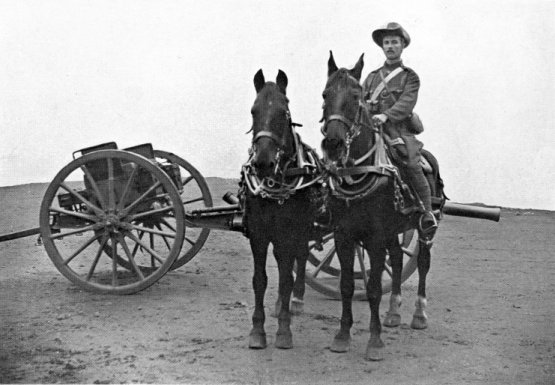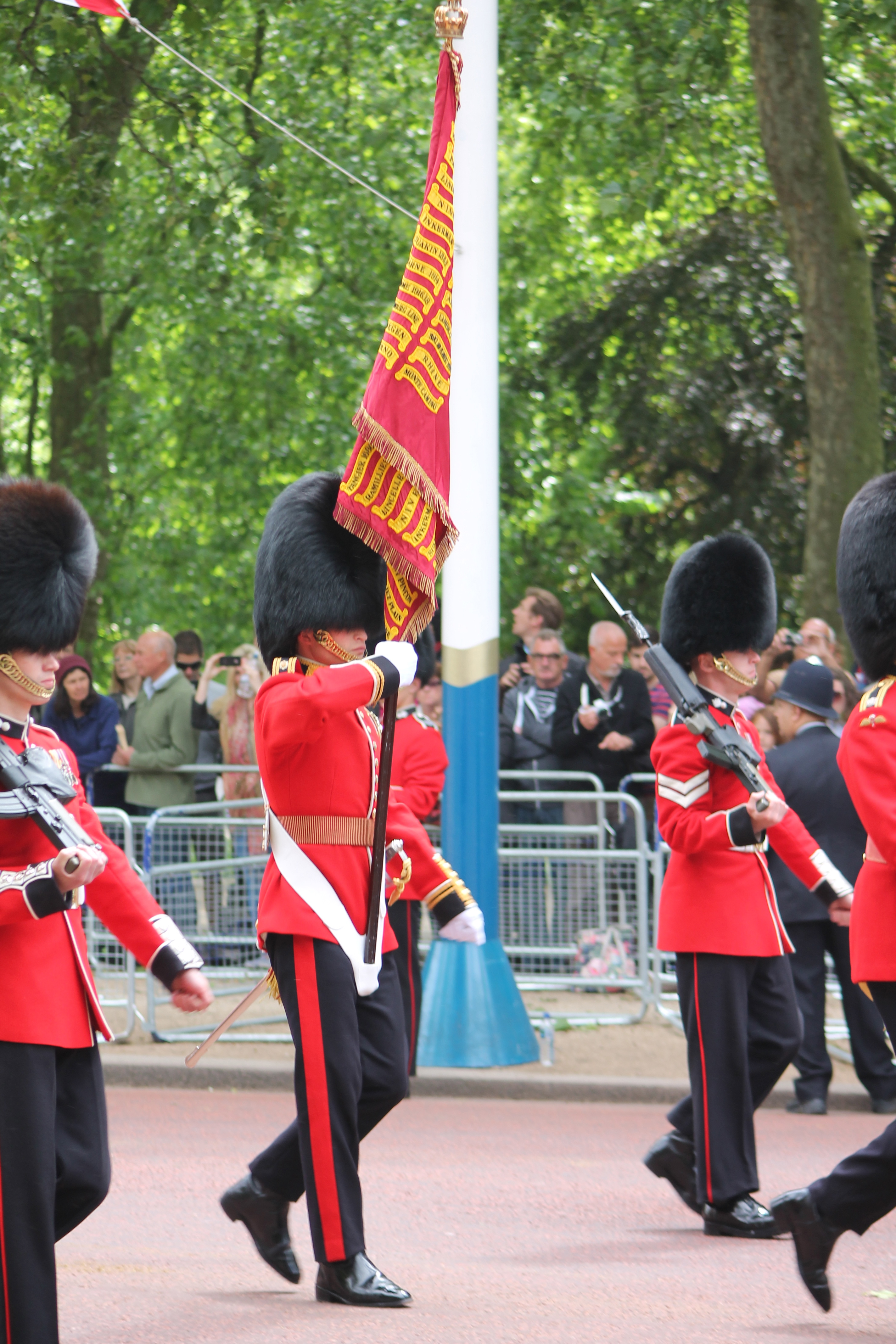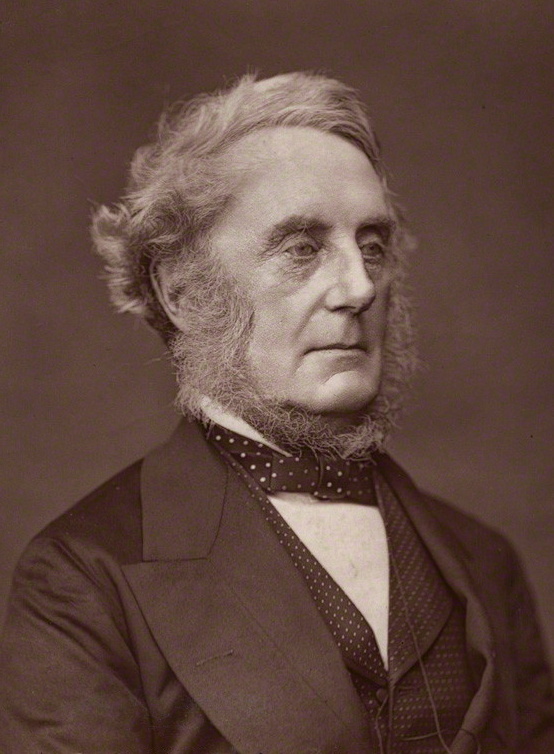|
Territorial And Reserve Forces Act 1907
The Territorial and Reserve Forces Act 1907 (''7 Edw. 7, c.9'') was an Act of the Parliament of the United Kingdom that reformed the auxiliary forces of the British Army by transferring existing Volunteer and Yeomanry units into a new Territorial Force (TF); and disbanding the Militia to form a new Special Reserve of the Regular Army. This reorganisation formed a major part of the Haldane Reforms, named after the creator of the Act, Richard Haldane. The lessons learned during the South African War of 1899-1902 had reinforced the idea that the Regular Army was not capable of fighting a prolonged full-scale war without significant assistance; almost all regular units in the United Kingdom had been deployed overseas within four months of the outbreak of hostilities. Furthermore, by the end of the first year of fighting, the Regular Reserve and the Militia Reserve had been entirely exhausted. (Regular reservists were members of the Regular Army who had retired from the active-duty ... [...More Info...] [...Related Items...] OR: [Wikipedia] [Google] [Baidu] |
Richard Haldane, 1st Viscount Haldane
Richard Burdon Haldane, 1st Viscount Haldane, (; 30 July 1856 – 19 August 1928) was a British lawyer and philosopher and an influential Liberal and later Labour politician. He was Secretary of State for War between 1905 and 1912 during which time the " Haldane Reforms" of the British Army were implemented. As an intellectual he was fascinated with German thought. That led to his role in seeking detente with Germany in 1912 in the Haldane Mission. The mission was a failure and tensions with Berlin forced London to work more closely with Paris. Raised to the peerage as Viscount Haldane in 1911, he was Lord Chancellor between 1912 and 1915, when he was forced to resign because of false allegations of German sympathies. He later joined the Labour Party and once again served as Lord Chancellor in 1924 in the first Labour administration. Apart from his legal and political careers, Haldane was also an influential writer on philosophy, in recognition of which he was elected ... [...More Info...] [...Related Items...] OR: [Wikipedia] [Google] [Baidu] |
Secretary Of State For War
The Secretary of State for War, commonly called War Secretary, was a secretary of state in the Government of the United Kingdom, which existed from 1794 to 1801 and from 1854 to 1964. The Secretary of State for War headed the War Office and was assisted by a Parliamentary Under-Secretary of State for War, a Parliamentary Private Secretary who was also a Member of Parliament (MP), and a Military Secretary, who was a general. In the nineteenth century the post was twice held by future prime minister Henry Campbell-Bannerman. At the outset of the First World War, prime minister H. H. Asquith was filling the role, but he quickly appointed Lord Kitchener, who became famous while in this position for Lord Kitchener Wants You. He was replaced by David Lloyd George David Lloyd George, 1st Earl Lloyd-George of Dwyfor, (17 January 1863 – 26 March 1945) was Prime Minister of the United Kingdom from 1916 to 1922. He was a Liberal Party politician from Wales, known for lea ... [...More Info...] [...Related Items...] OR: [Wikipedia] [Google] [Baidu] |
Pendjeh Crisis
The Panjdeh Incident (known in Russian historiography as the Battle of Kushka) was an armed engagement between the Emirate of Afghanistan and the Russian Empire in 1885 that led to a diplomatic crisis between the British Empire and the Russian Empire regarding the Russian expansion south-eastwards towards the Emirate of Afghanistan and the British Raj (India). After nearly completing the Russian conquest of Central Asia (Russian Turkestan), the Russians captured an Afghan border fort, threatening British interests in the area. Seeing this as a threat to India, Britain prepared for war but both sides backed down and the matter was settled diplomatically. The incident halted further Russian expansion in Asia, except for the Pamir Mountains, and resulted in the definition of the north-western border of Afghanistan. Background After the Battle of Geok Tepe in January 1881 and the annexation of Merv in March 1884, Russia held most of what is now Turkmenistan. To the south of Merv, t ... [...More Info...] [...Related Items...] OR: [Wikipedia] [Google] [Baidu] |
1882 Anglo-Egyptian War
The British conquest of Egypt (1882), also known as Anglo-Egyptian War (), occurred in 1882 between Egyptian and Sudanese forces under Ahmed ‘Urabi and the United Kingdom. It ended a nationalist uprising against the Khedive Tewfik Pasha. It established firm British influence over Egypt at the expense of the Egyptians, the French, and the Ottoman Empire, whose already weak authority became nominal. Background In 1881, an Egyptian army officer, Ahmed ‘Urabi (then known in English as Arabi Pasha), mutinied and initiated a coup against Tewfik Pasha, the Khedive of Egypt and Sudan, because of grievances over disparities in pay between Egyptians and Europeans, as well as other concerns. In January 1882 the British and French governments sent a "Joint Note" to the Egyptian government, declaring their recognition of the Khedive's authority. On 20 May, British and French warships arrived off the coast of Alexandria. On 11 June, an anti-Christian riot occurred in Alexandria ... [...More Info...] [...Related Items...] OR: [Wikipedia] [Google] [Baidu] |
Colours, Standards And Guidons
In military organizations, the practice of carrying colours (or colors), standards, flags, or guidons, both to act as a rallying point for troops and to mark the location of the commander, is thought to have originated in Ancient Egypt some 5,000 years ago. The Roman Empire also made battle Vexillum, standards a part of their vast armies. It was formalized in the armies of Europe in the High Middle Ages, with standards being emblazoned with the commander's coat of arms. General use As armies became trained and adopted set formations, each regiment's ability to keep its formation was potentially critical to its, and therefore its army's, success. In the chaos of battle, not least due to the amount of dust and smoke on a battlefield, soldiers needed to be able to determine where their regiment was. Regimental flags are generally awarded to a regiment by a head of state during a ceremony. They were therefore treated with reverence as they represented the honour and traditi ... [...More Info...] [...Related Items...] OR: [Wikipedia] [Google] [Baidu] |
Officer Corps
An officer is a person who holds a position of authority as a member of an armed force or uniformed service. Broadly speaking, "officer" means a commissioned officer, a non-commissioned officer, or a warrant officer. However, absent contextual qualification, the term typically refers only to a force's ''commissioned officers'', the more senior members who derive their authority from a commission from the head of state. Numbers The proportion of officers varies greatly. Commissioned officers typically make up between an eighth and a fifth of modern armed forces personnel. In 2013, officers were the senior 17% of the British armed forces, and the senior 13.7% of the French armed forces. In 2012, officers made up about 18% of the German armed forces, and about 17.2% of the United States armed forces. Historically, however, armed forces have generally had much lower proportions of officers. During the First World War, fewer than 5% of British soldiers were officers (partly ... [...More Info...] [...Related Items...] OR: [Wikipedia] [Google] [Baidu] |
Purchase Of Commissions
The purchase of officer commissions in the British Army was the practice of paying money to the Army to be made an officer of a cavalry or infantry regiment of the English and later British Army. By payment, a commission as an officer could be secured, avoiding the need to wait to be promoted for merit or seniority. This practice was the usual way to obtain a commission in the Army from the 17th to the late 19th century. The practice began in 1683, during the reign of King Charles II, and continued until it was abolished on 1 November 1871, as part of the Cardwell Reforms. Formally, the purchase price of a commission was a cash bond for good behaviour, liable to be forfeited to the Army's cashiers (accountants) if found guilty of cowardice, desertion, or gross misconduct. Great Britain and Ireland Only commissions in cavalry and infantry regiments could be purchased and therefore only those up to the rank of colonel. Commissions in the Royal Engineers and the Royal Artillery ... [...More Info...] [...Related Items...] OR: [Wikipedia] [Google] [Baidu] |
Cardwell Reforms
The Cardwell Reforms were a series of reforms of the British Army undertaken by Secretary of State for War Edward Cardwell between 1868 and 1874 with the support of Liberal prime minister William Ewart Gladstone. Gladstone paid little attention to military affairs but he was keen on efficiency. In 1870, he pushed through Parliament major changes in Army organisation. Germany's stunning triumph over France in the Franco-Prussian War proved that the Prussian system of professional soldiers with up-to-date weapons was far superior to the traditional system of gentlemen-soldiers that Britain used. The Reforms were not radical; they had been brewing for years and Gladstone seized the moment to enact them. The goal was to centralise the power of the War Office, abolish the purchase of officers' commissions, and create reserve forces stationed in Britain by establishing short terms of service for enlisted men. Ending the purchase system was controversial. The families of officers h ... [...More Info...] [...Related Items...] OR: [Wikipedia] [Google] [Baidu] |
Edward Cardwell, Viscount Cardwell By George Richmond
Edward is an English given name. It is derived from the Anglo-Saxon name ''Ēadweard'', composed of the elements '' ēad'' "wealth, fortune; prosperous" and '' weard'' "guardian, protector”. History The name Edward was very popular in Anglo-Saxon England, but the rule of the Norman and Plantagenet dynasties had effectively ended its use amongst the upper classes. The popularity of the name was revived when Henry III named his firstborn son, the future Edward I, as part of his efforts to promote a cult around Edward the Confessor, for whom Henry had a deep admiration. Variant forms The name has been adopted in the Iberian peninsula since the 15th century, due to Edward, King of Portugal, whose mother was English. The Spanish/Portuguese forms of the name are Eduardo and Duarte. Other variant forms include French Édouard, Italian Edoardo and Odoardo, German, Dutch, Czech and Romanian Eduard and Scandinavian Edvard. Short forms include Ed, Eddy, Eddie, Ted, Teddy and Ned. ... [...More Info...] [...Related Items...] OR: [Wikipedia] [Google] [Baidu] |
Royal Assent
Royal assent is the method by which a monarch formally approves an act of the legislature, either directly or through an official acting on the monarch's behalf. In some jurisdictions, royal assent is equivalent to promulgation, while in others that is a separate step. Under a modern constitutional monarchy, royal assent is considered little more than a formality. Even in nations such as the United Kingdom, Norway, the Netherlands, Liechtenstein and Monaco which still, in theory, permit their monarch to withhold assent to laws, the monarch almost never does so, except in a dire political emergency or on advice of government. While the power to veto by withholding royal assent was once exercised often by European monarchs, such an occurrence has been very rare since the eighteenth century. Royal assent is typically associated with elaborate ceremony. In the United Kingdom the Sovereign may appear personally in the House of Lords or may appoint Lords Commissioners, who announce ... [...More Info...] [...Related Items...] OR: [Wikipedia] [Google] [Baidu] |
House Of Commons Of The United Kingdom
The House of Commons is the lower house of the Parliament of the United Kingdom. Like the upper house, the House of Lords, it meets in the Palace of Westminster in London, England. The House of Commons is an elected body consisting of 650 members known as members of Parliament (MPs). MPs are elected to represent constituencies by the first-past-the-post system and hold their seats until Parliament is dissolved. The House of Commons of England started to evolve in the 13th and 14th centuries. In 1707 it became the House of Commons of Great Britain after the political union with Scotland, and from 1800 it also became the House of Commons for Ireland after the political union of Great Britain and Ireland. In 1922, the body became the House of Commons of the United Kingdom of Great Britain and Northern Ireland after the independence of the Irish Free State. Under the Parliament Acts 1911 and 1949, the Lords' power to reject legislation was reduced to a delaying power. The ... [...More Info...] [...Related Items...] OR: [Wikipedia] [Google] [Baidu] |
Labour Party (UK)
The Labour Party is a List of political parties in the United Kingdom, political party in the United Kingdom that has been described as an alliance of Social democracy, social democrats, Democratic socialism, democratic socialists and trade unionists. The Labour Party sits on the Centre-left politics, centre-left of the political spectrum. In all general elections since 1922 United Kingdom general election, 1922, Labour has been either the governing party or the Her Majesty's Most Loyal Opposition (United Kingdom), Official Opposition. There have been six Labour List of prime ministers of the United Kingdom, prime ministers and thirteen Labour Cabinet of the United Kingdom, ministries. The party holds the annual Labour Party Conference, at which party policy is formulated. The party was founded in 1900, having grown out of the Labour movement, trade union movement and History of the socialist movement in the United Kingdom, socialist List of political parties in the United Kin ... [...More Info...] [...Related Items...] OR: [Wikipedia] [Google] [Baidu] |


_-_The_1st_Viscount_Melville_-_N03880_-_National_Gallery.jpg)
_p245_BOMBARDEMENT_OF_ALEXANDRIA_-_JULY_1882.jpg)




